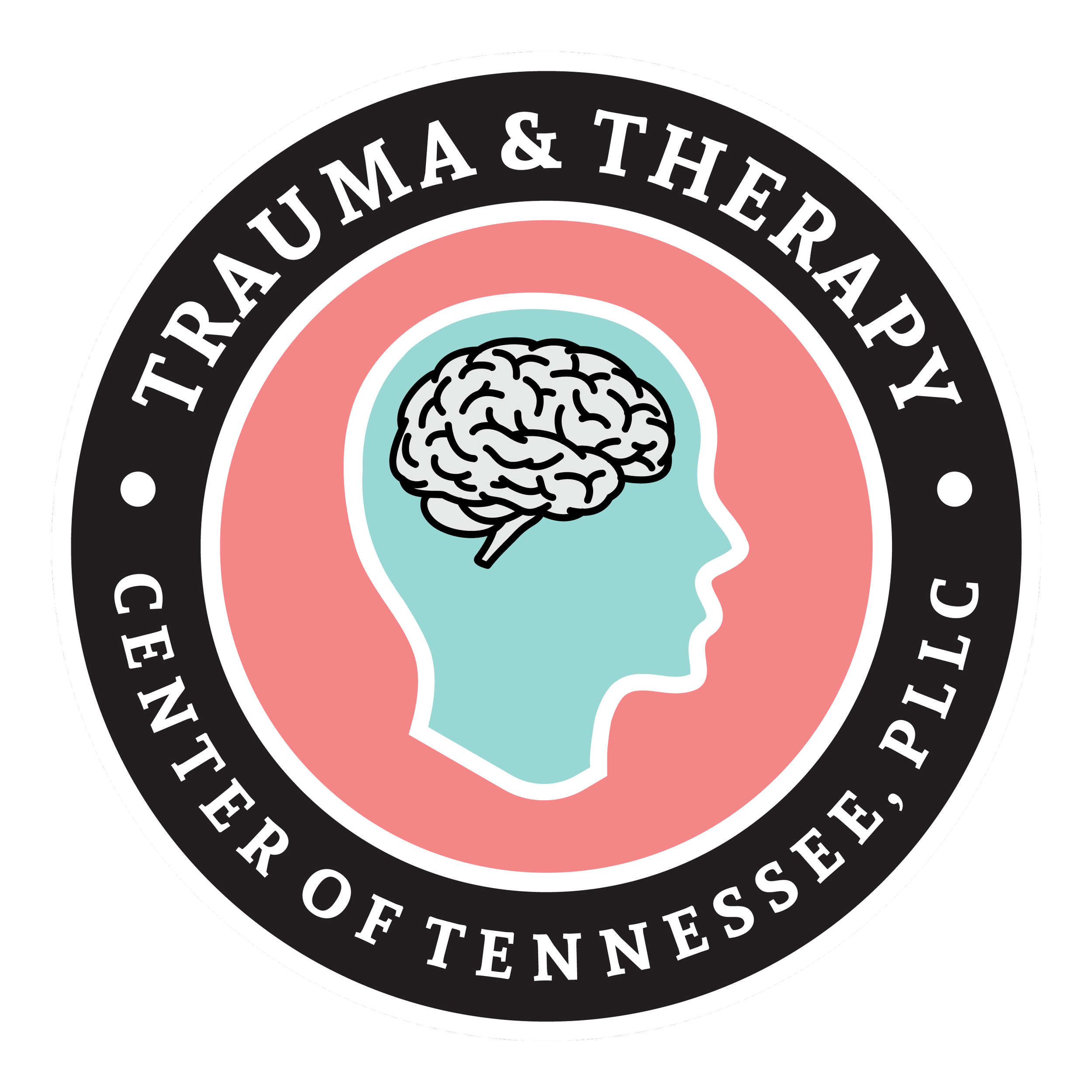When Your Teen Shuts You Out: How Parents Can Reconnect with Struggling Teens Through Therapy in TN
From Childhood to Adulthood
Transitioning from childhood to adulthood is full of challenges, which is why I am so passionate about helping adolescents and their families. Teens often feel alone and misunderstood as they strive towards independence. Today’s teens are consumed with their developing identity amidst changing bodies, fickle feelings, increasing pressures, and hidden fears. This makes them particularly vulnerable to looking to their peer group and an ever-increasing tolerant culture for guidance and wisdom. Questions like “Who am I?” and “What Can I Be?” often plague the average high school student. The struggle is real, and the struggle usually remains unchanged. Most parents notice warning signs that their teens are in trouble, but feel shut out by either silence, tension, or arguments.
If Your Teen Has Been Pushing You Away
If your teen has been pushing you away, you are not alone. Countless parents have struggled with despair as they raised teenagers. While you may long to have your sweet child who came to you for everything back, it’s important to keep in mind that increasing independence in adolescence is completely normal. The adolescent brain is wired to establish independence and identity. This is what prepares teens for the real world. Otherwise, they would never leave home!
While some conflict with your teen is normal during adolescence, there are some red flags to watch out for. If your teen is self-isolating, acting angry or withdrawn or no longer wants to participate in activities he or she once enjoyed, there might be a more serious problem that needs to be addressed. Common issues that plague teens include anxiety, depression, bullying, substance abuse, self-harming behaviors, losses, sexual activity, divorce, peer pressure, relationship conflicts, and trauma. Therapy can address these issues. Therapy can also address a range of issues affecting today’s parents such as: divorce, single parenting, mental illness, stress, substance abuse, deployment, imprisonment, etc.
Counseling Can Help
Regardless of the source of their problems, almost all teens can benefit from some type of counseling. While parents are great at providing love and support, there are some issues that teens are too embarrassed to share with their mom, dad, or caregiver. By having a compassionate, nonjudgmental therapist to talk to, teens can open up about the things they find the most troubling. Instead of reacting to your teen’s problems like a parent might, the staff at Trauma & Therapy Center can help them think through the real-world consequences and find healthy ways to establish independence and individuality.
During teen therapy, your teen can begin to tell their life story through mediums that are familiar to them. We meet our teenage clients where they are, using tools like social media (intentionally), music, sports, art, hobbies, and movies to help them discuss their relationships and experiences in a language they understand. Whether they are pointing out song lyrics they identify with, acknowledging a time when they were hurt on social media, or sharing their passions, pursuits, and strengths, these mediums help teens express their identity and creativity. They also create a safe space for working through experiences that are embarrassing, painful, or distressing. Additionally, our team works holistically, providing tips and strategies for managing anxiety, fostering healthy relationships, and maintaining a balanced lifestyle. In sessions, we will assess your teen’s physical, emotional, and spiritual well-being, encouraging them to discover their strengths and identify areas that need improvement. And, if your teen has recently suffered a major trauma, a divorce, or death in the family, we can help them work through painful emotions, thoughts, and memories and create a safe space for grieving.
Adolescent and parent counseling can also be beneficial in several ways. It can teach and establish effective communication, help rebuild trust when it has been broken, and foster mutual understanding. As teen therapists, we strive to help teens and their families navigate the challenging waters of adolescence by charting the best course possible, providing a safe and compassionate space where you and your teen can receive the support needed.
It's OK to Not Be OK
We are committed to creating an environment where it’s perfectly okay to NOT be okay. We help teens embrace their struggles as part of their ultimate growth. We utilize proven strategies and interventions to help teens develop more effective coping and communication skills. Additionally, we emphasize the importance of identifying and avoiding unhealthy thought patterns driven by fleeting emotions. With family participation, we can improve listening and communication skills, establish sensible boundaries, and work toward restoring and/or strengthening the parent/teen relationship.

